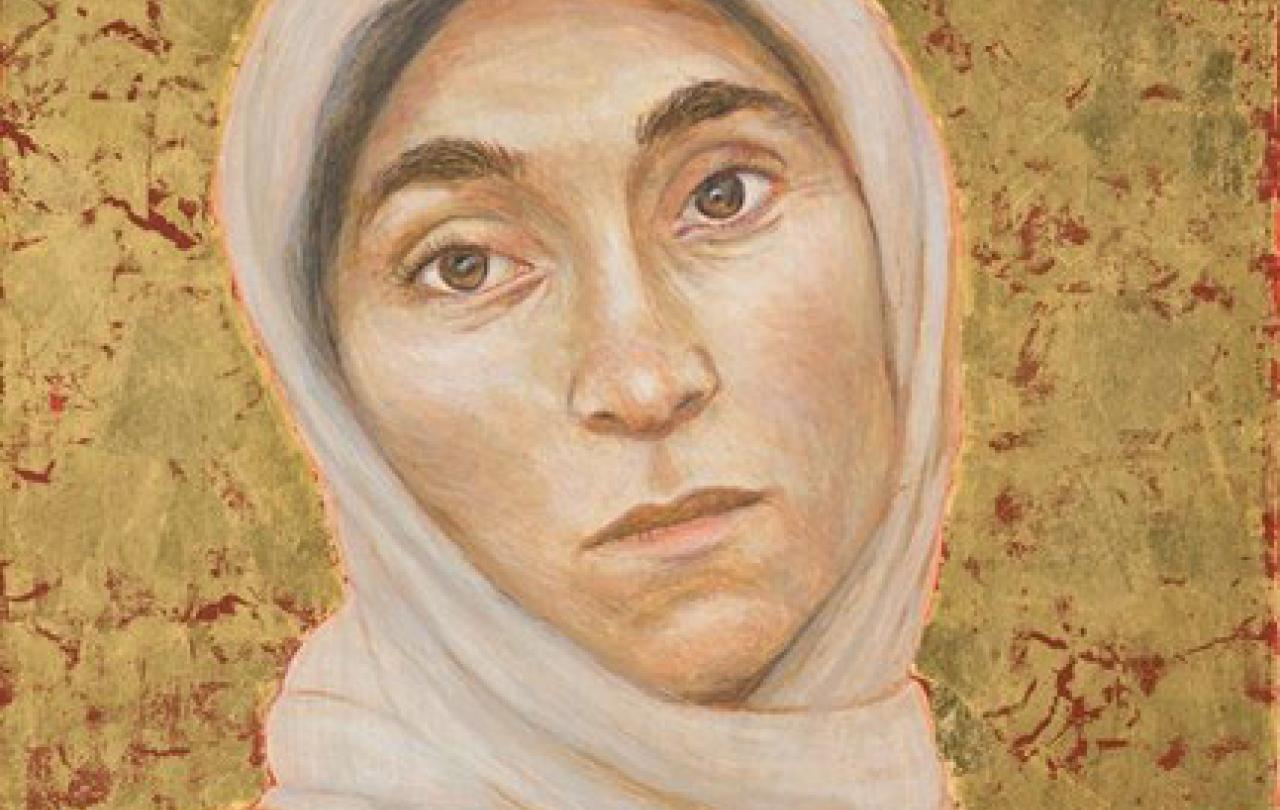
Listen now
This week, Yaroslav Walker argues that Democracy and Dairy just don't mix; Roger Bretherton explores the philosophy / theology of Netflix's The Three Body Problem and Jane Cacouris is moved by artist Hannah Thomas' visceral and moving portraits which offer a glimpse into suffering, and healing, souls.





